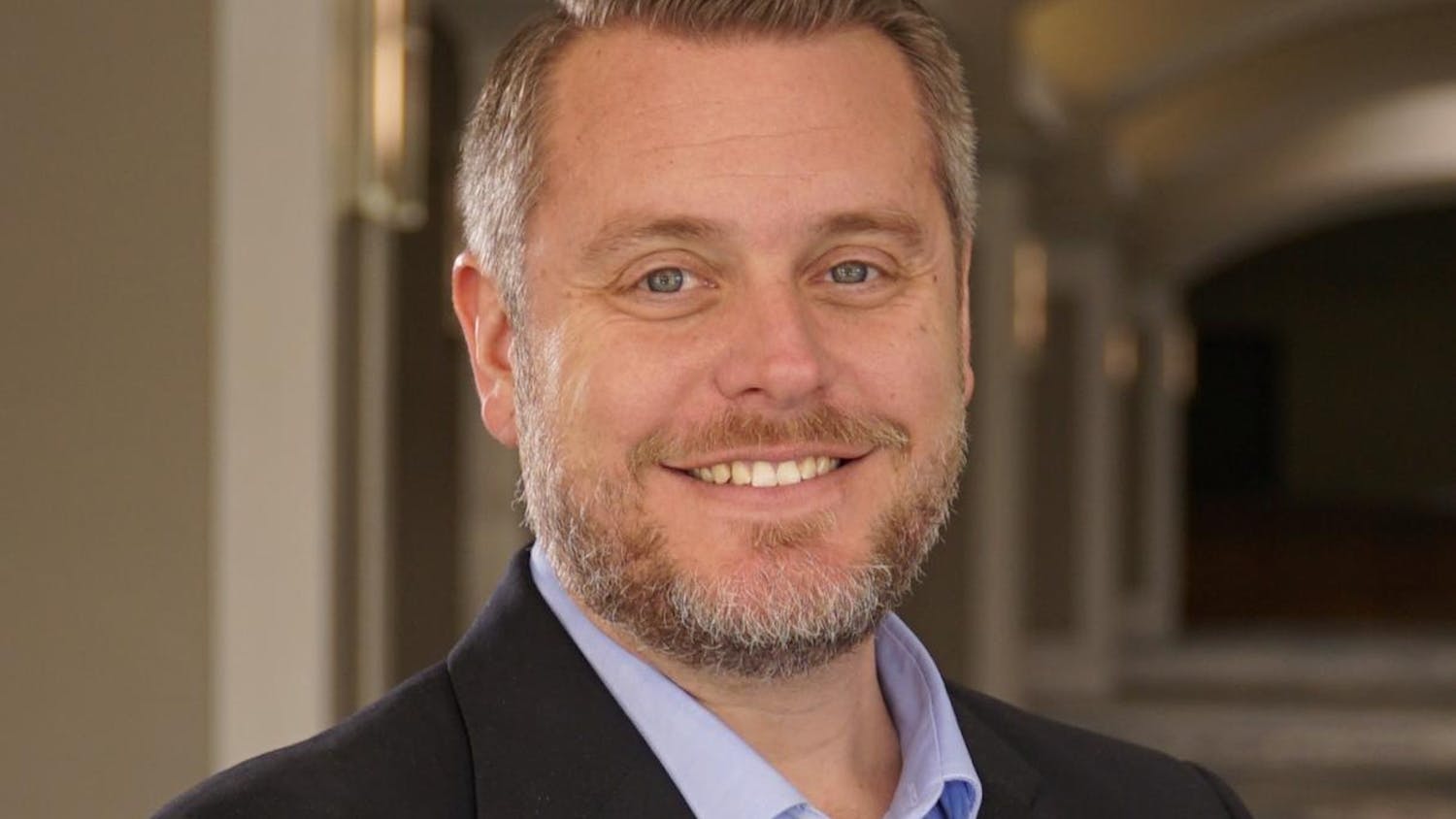
Students are heading back to school Aug. 31 — whether in classrooms, live Zoom sessions or a flexible online program.
The changes brought out by a pandemic-ridden world have left parents, students and teachers with questions about what school days will look like. Some health experts warned against opening schools unless the COVID-19 infection rate is under 5 percent. Alachua County reached a 14-day positive rate under 5 percent on Aug. 25.
Alachua County Public Schools will offer in-person learning, a Digital Academy with live instruction and Alachua eSchool with self-paced online learning.
Brick-and-mortar classrooms
In classrooms, schools are expecting 46 percent of students, or about 12,500, to return in person, said Jackie Johnson, ACPS spokesperson. This drop is largely due to COVID-19.
For Lua Lepianka, a 45-year-old mother of two elementary-school-aged children, her choice to avoid classrooms was to prioritize safety. While she understands in-person classes help children socialize, she said she chose Alachua eSchool because the classroom is different now.
“My kids definitely miss their friends,” she said. “But, I just don’t think it’s safe to be with large groups of children.”
Despite an Aug. 24 ruling from a Leon County Circuit Court judge saying that schools aren’t required to open, Johnson said ACPS is retaining its plans. About 40 percent of ACPS teachers aren’t comfortable with in-class learning.
Some teachers worry they risk their lives in the classroom and others fear what being forced to go back to work means for immunocompromised family members.
Families and staff will receive same-day notifications of positive cases, she said. The county will release an ACPS COVID-19 dashboard listing active cases by school Monday.
ACPS ordered about 600,000 disposable and washable masks for children and adults, Johnson said. Teachers were given packages with masks, gloves, face shields and a no-touch thermometer, Johnson said. Students who develop COVID-19 symptoms will be kept in isolation until they can be picked up.
Joe Waddell, a 10th grade Gainesville High School biology teacher, said he fears the care package won’t last beyond the first week.
Waddell is teaching four in-person classes and one Alachua Digital Academy biology class. He’s also offering an elective where he will have students online and in the classroom simultaneously.
As a biology teacher, Waddell said he’s uncomfortable skirting guidelines from the Centers for Disease Control and Prevention that recommend social distancing at least six feet, which he can’t do with the size of his room and the number of his students.
“I feel like a hypocrite,” he said. “I’m trying to teach kids that we need to use evidence and critical thinking, and yet, here we are just flat out ignoring it.”
Every morning, parents and ACPS staff members will screen for COVID-19 symptoms at home, Johnson said. Parents can’t come into schools.
Students and staff must wear masks that cover their mouth and nose except when on an outdoor mask break, eating or drinking, she said. Desk dividers and school plans for traffic flow during lunch time will enforce social distancing. Classes may be held outdoors.
To disinfect schools properly, ACPS trained custodians and purchased specialized equipment and supplies, like electrostatic sprayers that sanitize wide areas with droplets of cleaner, Johnson said. Schools will also have their own cleaning checklists for high touch areas.
ACPS worked with the county health department and the COVID-19 Science and Medical Advisory Committee, a local group of UF health experts, to develop protocols for an outbreak. The school district also has rapid tests with a 24-hour turnaround time.
Alachua Digital Academy
About 42 percent of students will learn through the Alachua Digital Academy with synchronous learning, Johnson said. This means students follow the usual school day and attend classes live. Students’ zoned schools have been distributing laptops and books.
There are worries about the possibility of technical issues, like when Zoom went down last week, Johnson said.
“That happens when you’re using technology and when you’re relying so heavily on technology,” she said. “So we’re just going to have to be flexible and deal with those situations as they come.”
Students in the Digital Academy will be able to pick up meals through the National School Lunch Program, Johnson said. There are 17 sites around the district for distributing meals.
Students in the virtual academy can participate in clubs and sports or use the mental health and specialized services available through their zoned schools, she said. Services like therapies will also be provided online.
Alachua eSchool
Alachua eSchool has existed for about eight years and will operate the same as it has in the past with no specific COVID-19 changes, Johnson said. About 12 percent of students will learn through this platform.
Students in Alachua eSchool aren’t eligible for the National Free School Lunch program but can go to zoned schools for a laptop, she said. They will lose their spot in a magnet program.
Students don’t have to follow a school day schedule and can take classes at their own time and location, as noted on the website. Tutorials and technology assistance will be available.





